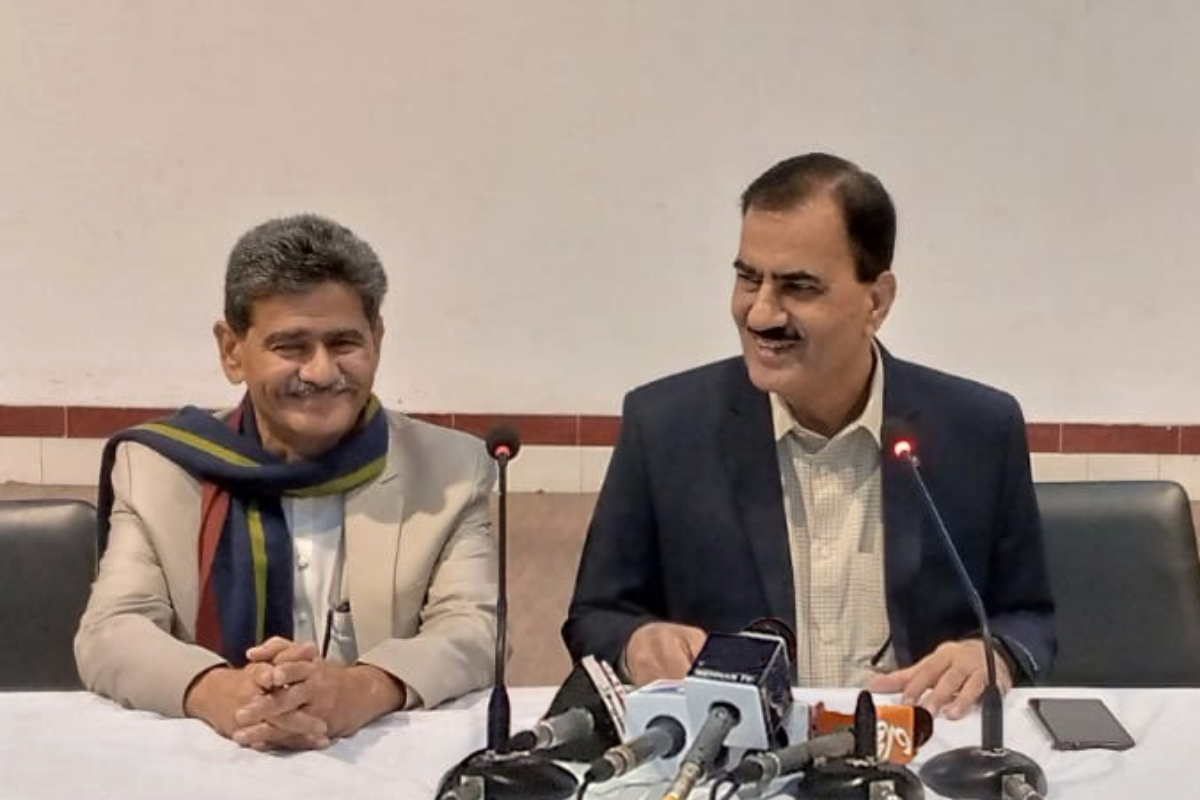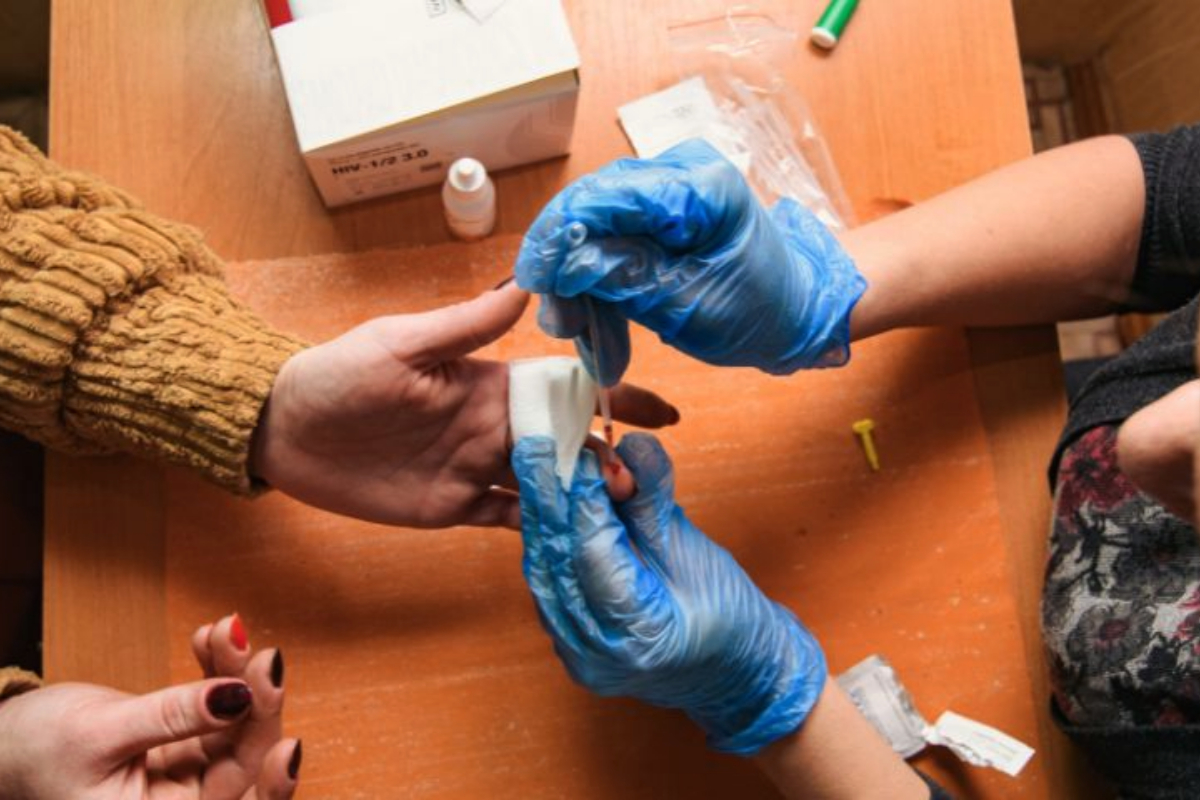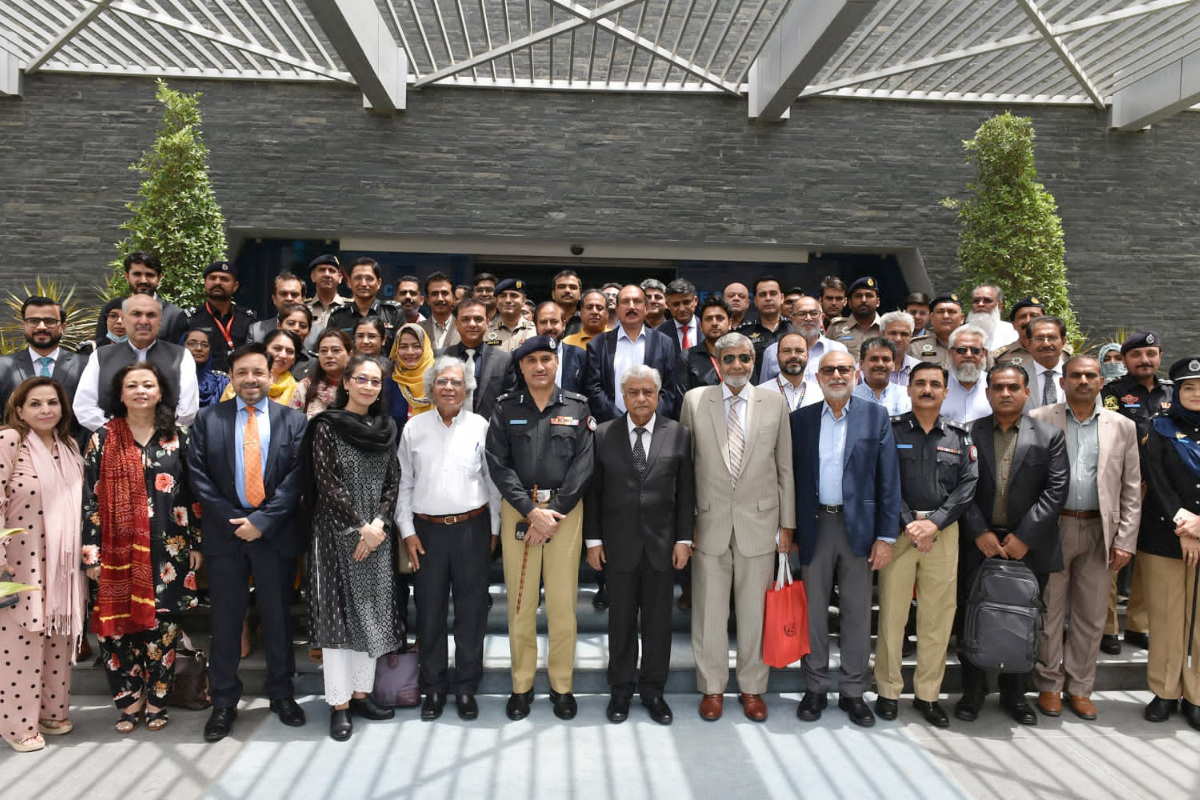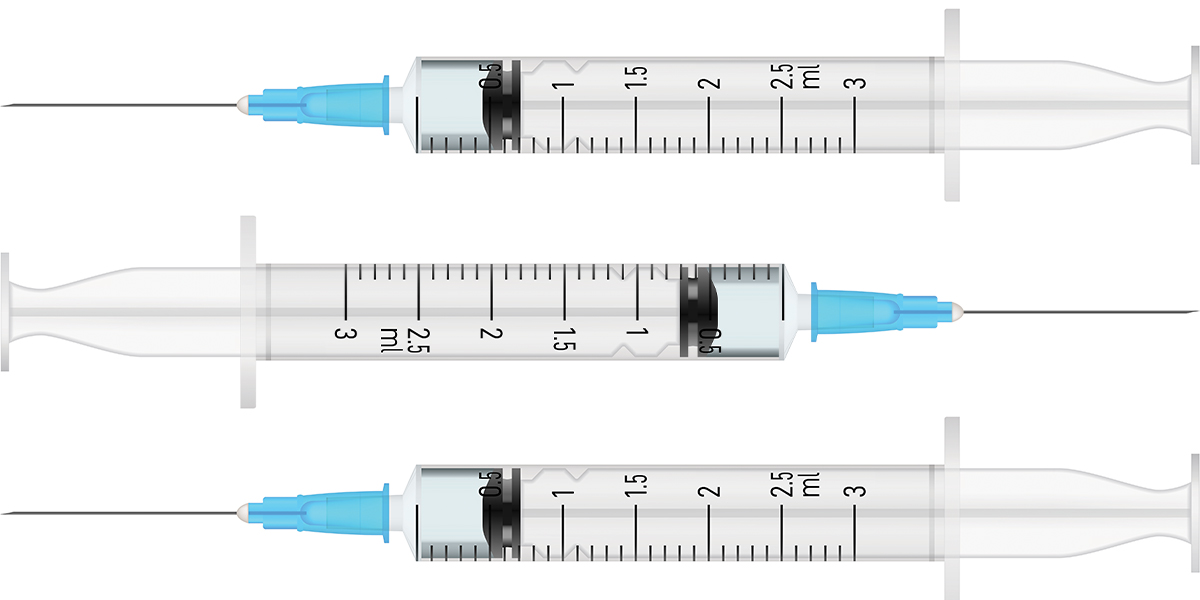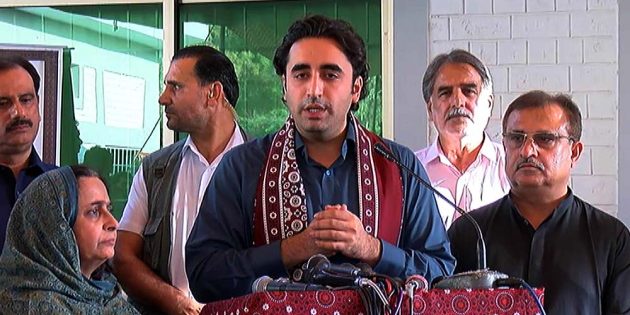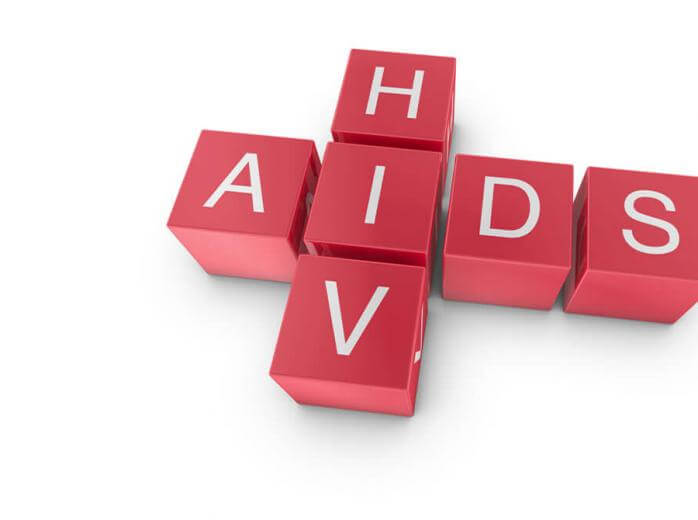KARACHI: Pakistan faces an unprecedented health crisis, compounded by its status as the fifth most populous country globally.
The World Health Organization’s recent ranking places Pakistan at 124th out of 169 countries, sounding a clarion call for an immediate revision of the nation’s health system.
The “Health of the Nation” report for 2024, presented by the Pakistan Medical Association (PMA), outlines a grim state of healthcare in the country, necessitating urgent and comprehensive reforms. Government has approved multiple drug price hikes, affecting over 80,000 drugs and burdening the populace.
These statistics shared by Secretary General PMA Centre, Dr Abdul Ghafoor Shoro during a press conference held at PMA House. Dr Muhammad Shahid Shamim, Dr Vasdev and Dr Shahid Sami were also present on this occasion.
The report urges government intervention to address this crisis, emphasizing the severe impact on public health. Pakistan faces a significant burden of hepatitis B and C, with 15 million affected individuals. Lack of prevention, testing, and treatment resources, along with the presence of quacks, contribute to the rising number of cases.
The report advocates for better control measures, including vaccinations, to curb the spread of these deadly viral diseases.
Unsafe drinking water is a major health concern, causing a high number of deaths. Contaminated water contributes to 40% of deaths nationwide, leading to waterborne diseases, with diarrhea being a leading cause of infant mortality.
The report emphasizes the need for addressing water quality issues to improve public health. Pakistan experiences a rapid rise in HIV infections, with 63,202 registered cases. Limited testing capacity, unsafe practices like syringe reuse, and poor awareness contribute to the spread of HIV.
The report calls for increased testing, awareness, and access to lifesaving treatment to combat the HIV/AIDS crisis. Cancer is a growing concern in Pakistan, particularly among women, with breast cancer being the most common.
The report emphasizes the need for awareness and preventive measures. Coronary heart diseases remain a significant health challenge, with high mortality rates.
Pakistan ranks third globally in the prevalence of diabetes, with a staggering 30.8%. The report stresses the severity of the diabetes situation, calling for concerted efforts to address this health crisis
[embedpost slug=”pma-expresses-concern-over-medical-college-fee-hike”]


